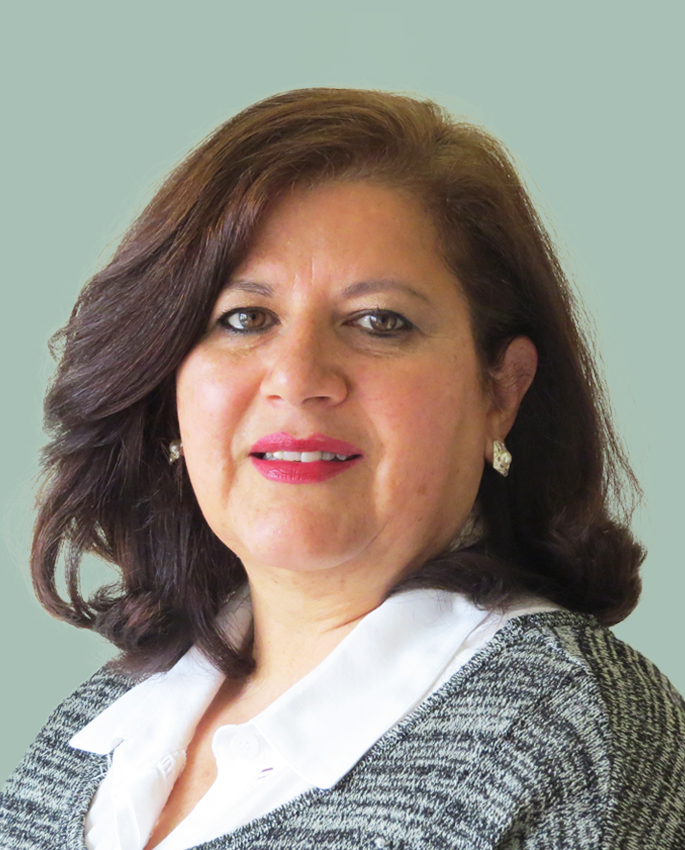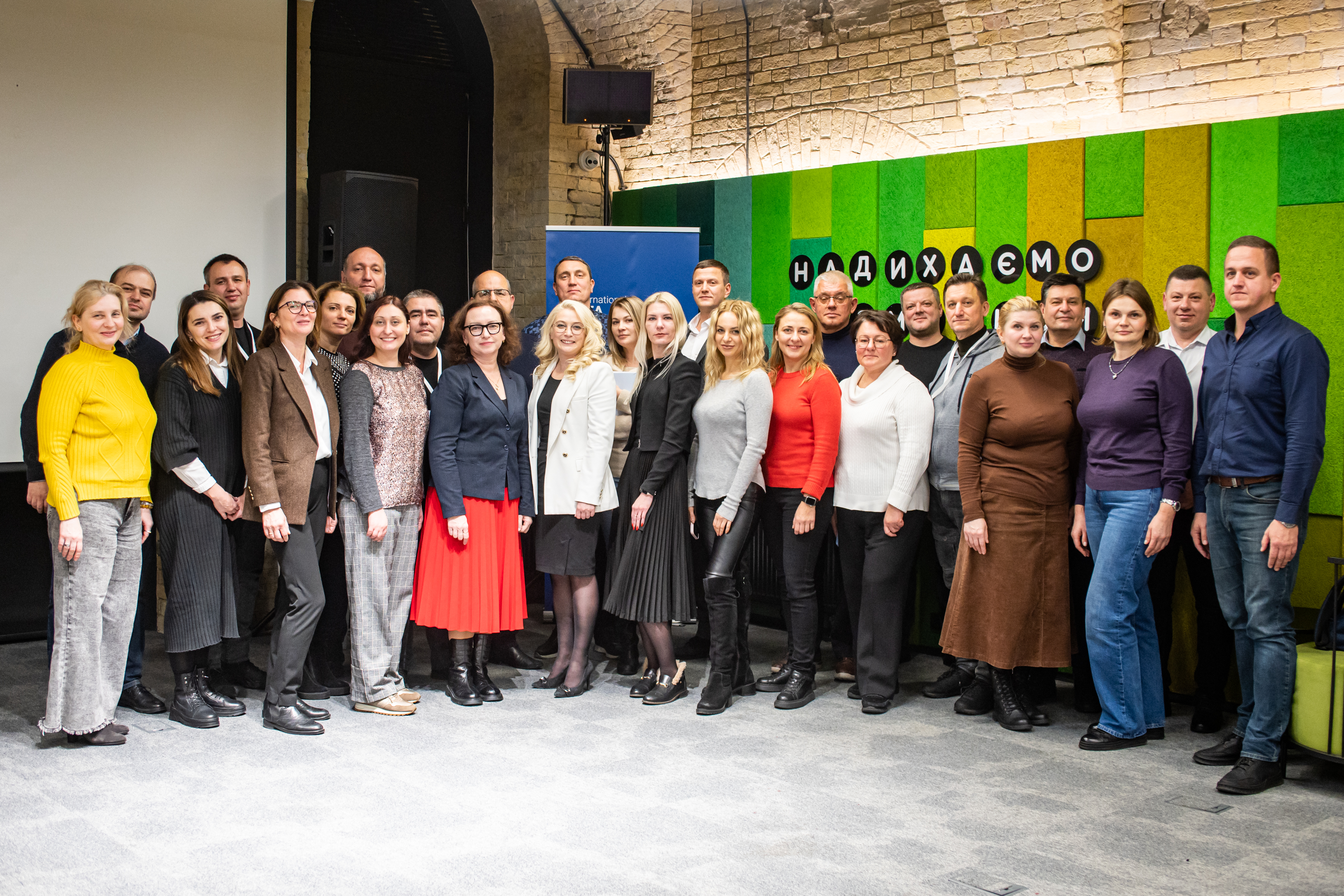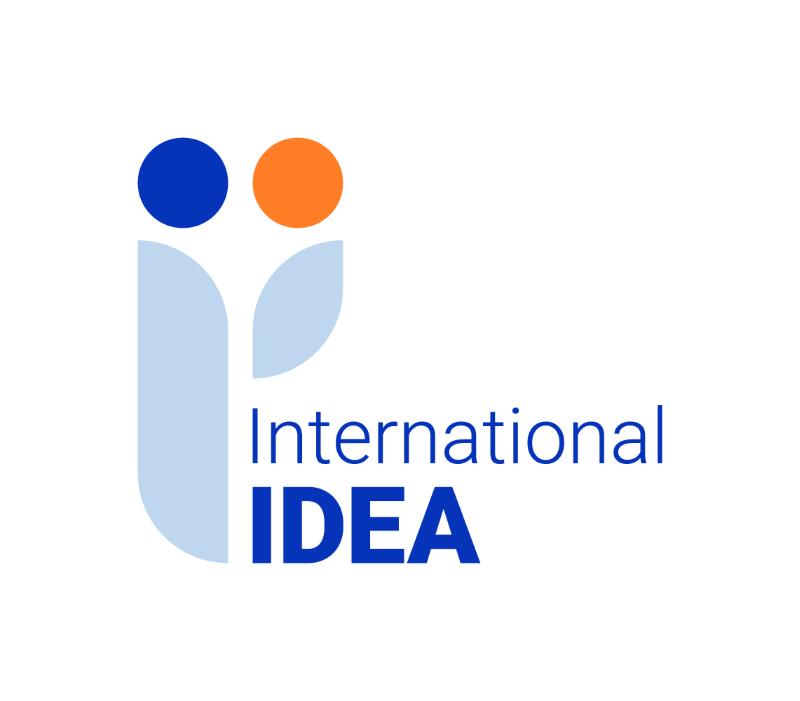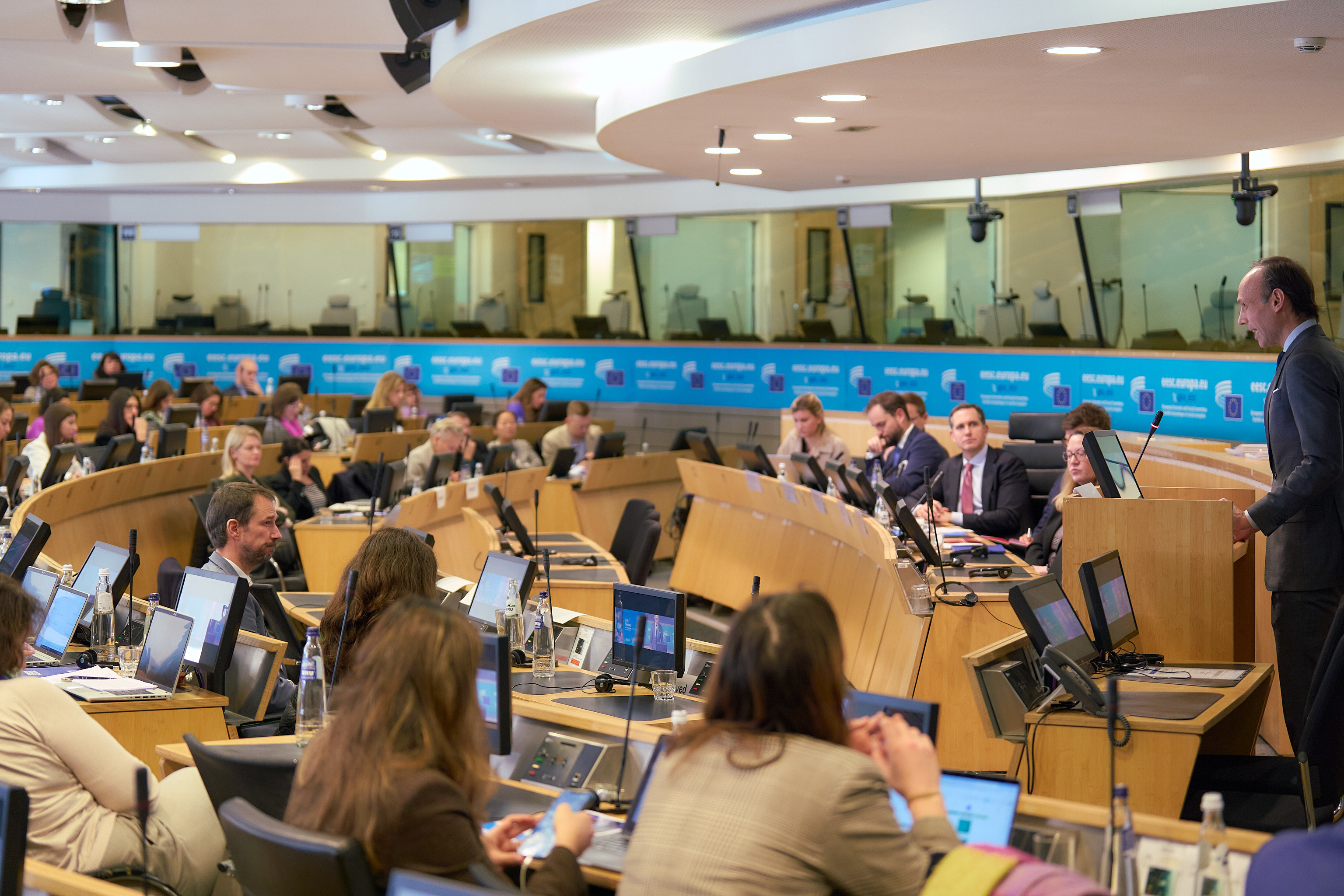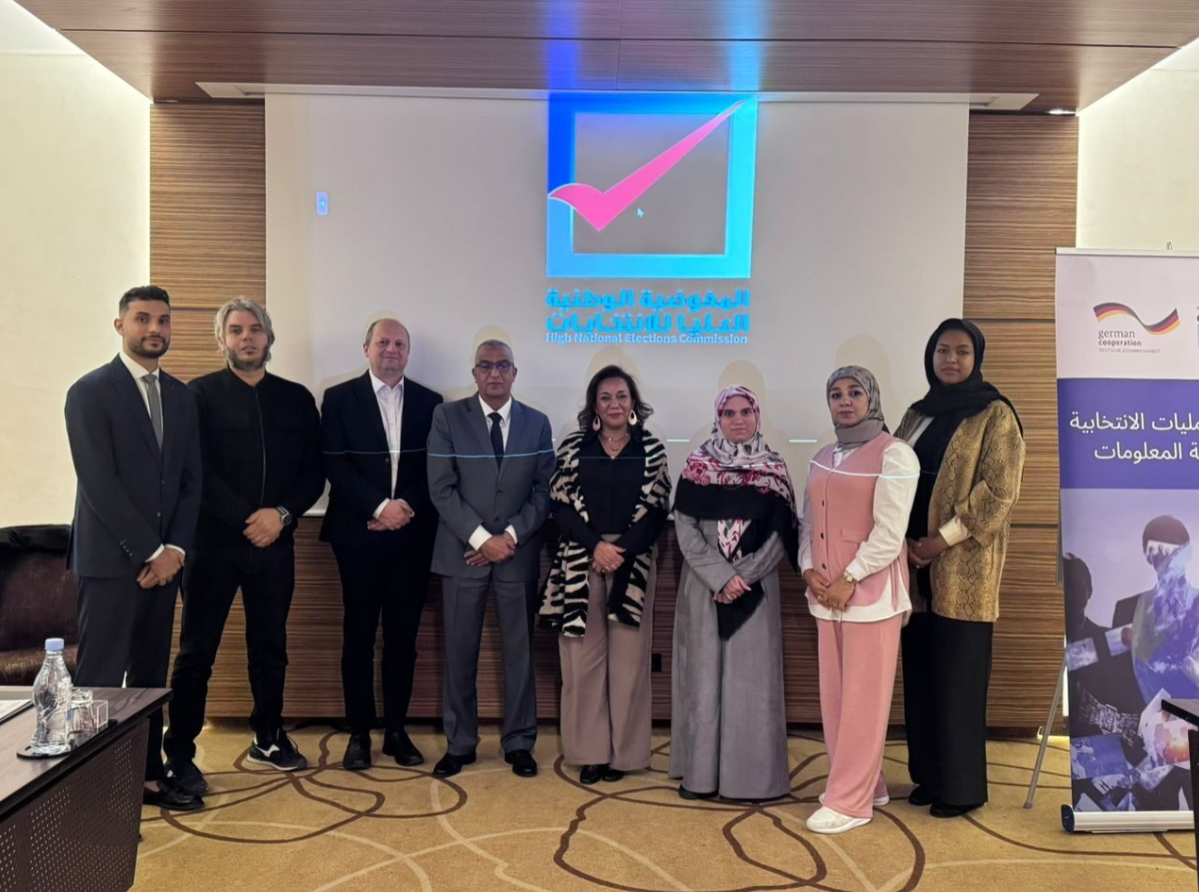International IDEA supports debate on planning and public policy for gender equality in Bolivia
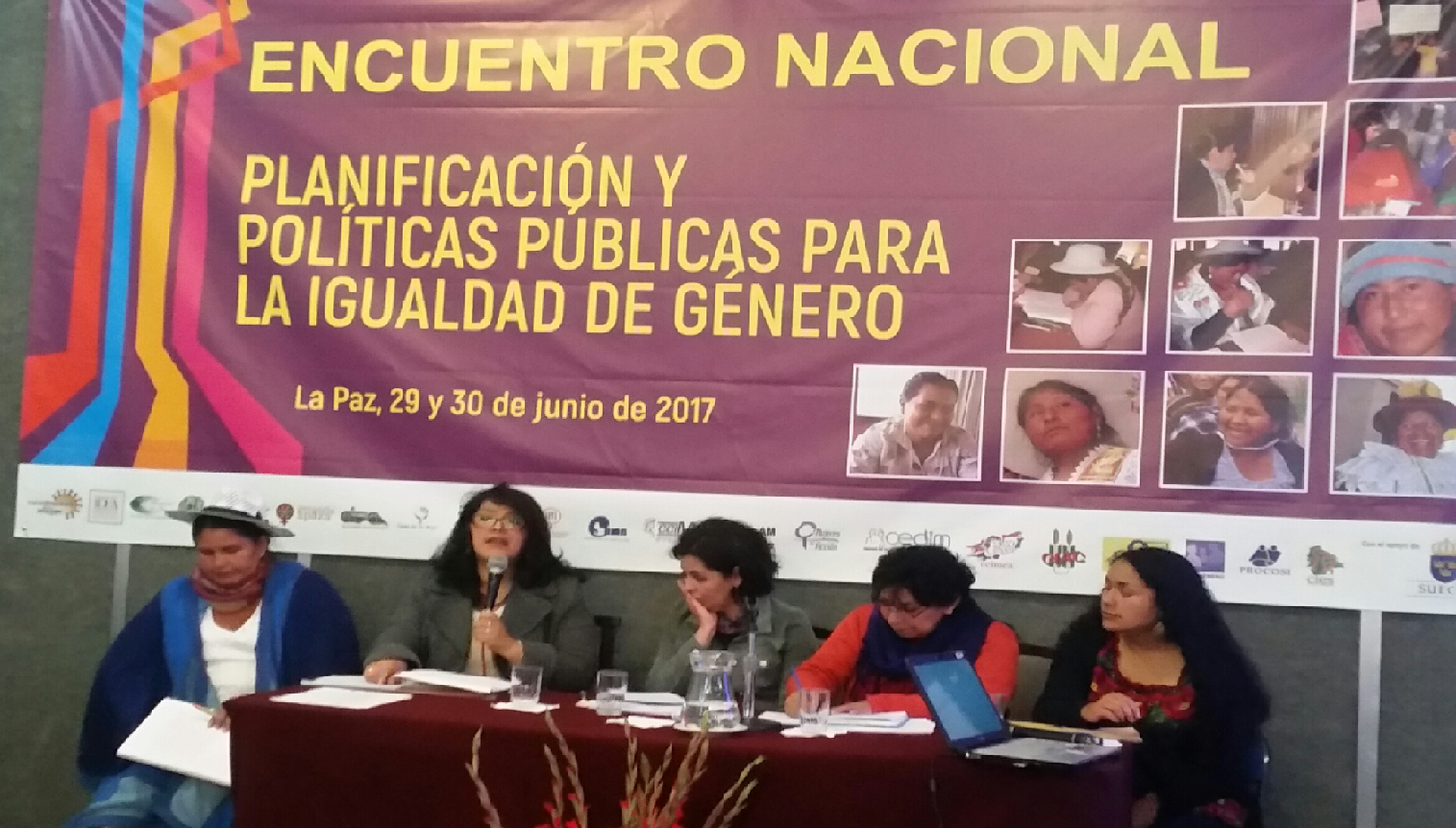
International IDEA provides support to the policy debate for addressing gender inequality and political violence against women in Bolivia, which has led to formulation of policies to address the issues of violence against women at sub-national levels.
Este artículo se encuentra disponible en Castellano.
International IDEA participated in the National Meeting on Planning and Public Policies for Gender Equality, which took place in La Paz, Bolivia on 29-30 June 2017. The meeting was organized with the aim of reviewing Bolivia’s Comprehensive State Planning System (SIPE for its Spanish acronym), effective since January 2016, and reflect on the opportunities provided by the system to women and women’s organizations to incorporate gender perspective in development processes.
The event, organized by the non-profit organization Coordinadora de la Mujer (CM) with the support of International IDEA, was attended by officers from the ministries of the Presidency, Planning and Justice, the Special Service of Autonomies, the Association of Regional Women Assembly Members of Bolivia (AMADBOL for its Spanish acronym), and national leaders of 11 social organizations. Carolina Wennerholm, Head of Cooperation at the Swedish Embassy in Bolivia, was the keynote speaker and highlighted Sweden’s vast experience in gender equality.
Mónica Novillo, Executive Secretary of CM, acknowledged International IDEA’s cooperation in developing the norms to address the issue of gender-based violence in politics at the sub-national level. She highlighted that a number of positive developments have taken place in various jurisdictions throughout the country, including in Cochabamba, where women’s organizations and women assembly members have together formulated and promoted policies to address issues of violence against women. The result of this alliance has been the approval of a regional law to combat violence against women. Similar efforts have been made in the regions of Santa Cruz and Tarija under the leadership of civil society organizations. This is a testimony of the abundant possibilities to expand current initiatives to address the issue of violence against women in other parts of the country. Additionally, there are abundant possibilities of developing public policies with gender perspective in the areas of care, violence, sexual and reproductive health rights, access to education and employment and access to land and property, among others. At the same time, it will be important to work together in the process of developing a new national fiscal covenant.
Bolivia ranks among the top-five countries in Latin America in terms of progress related to political participation of women. Despite this, harassment and political violence continue to be an impediment to their full participation in political life. In this context, female national assembly members have expressed their commitment to participate in regional planning initiatives in order to contribute to changing the uneven playing field that women experience in Bolivia.
At the conclusion of the National Meeting on Planning and Public Policies for Gender Equality, Mariana Prado Nova, Bolivian Minister for Development Planning, committed to promote a gender agenda at the national level and to continue working for ensuring that public policies are sensitive to the needs and circumstances of women, including at the subnational level.
The success of women’s exemplary representation in the public sphere in Bolivia and their active role in influencing the political agenda both at the national and subnational levels is the result of ongoing efforts of women’s organizations and movements. These efforts should continue to be strengthened - they serve as an important tool of advocacy for the adoption of effective public policies that address gender inequality.
